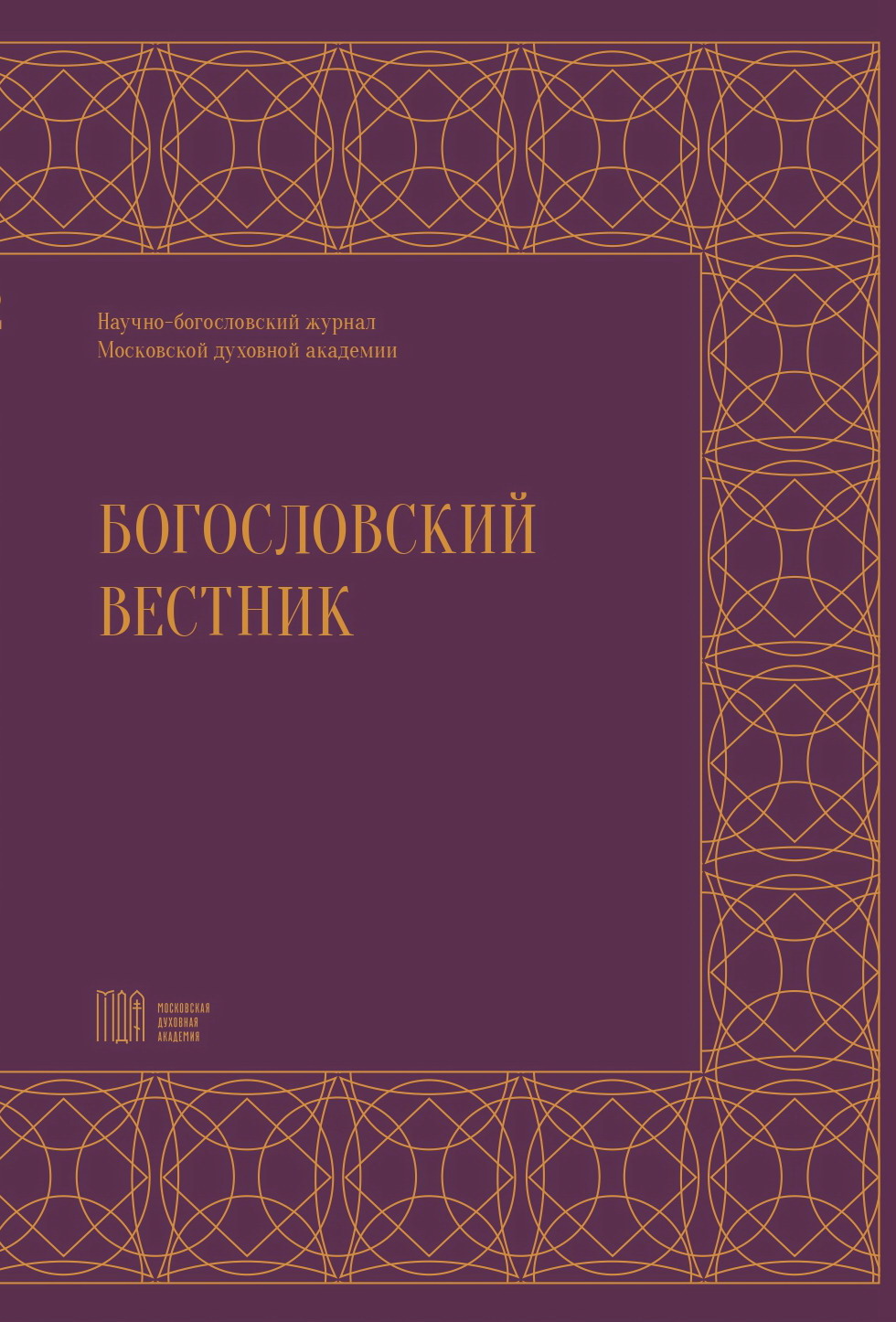Creativity and Freedom in Christianity
DOI:
https://doi.org/10.31802/GB.2024.55.4.001Keywords:
Personality, freedom, creativity, Christian anthropology, correlation between freedom, creativity and personality, spiritual freedom, creative act, self-realisation, responsibilityAbstract
The purpose of this study is to theorise personality as an object of philosophical inquiry, to explore the philosophical and theological aspects of freedom and creativity in the context of Christian anthropology. Drawing on the ideas of N. A. Berdyaev, N. O. Lossky and other Russian thinkers, it analyses how freedom becomes the basis for the creative activity of the individual. Creativity is seen as an act born of unconditional freedom and contrasted with deterministic evolution. Particular attention is given to the impact of the fall on human creative freedom and the possibility of restoring it through spiritual transformation. The difference between secular and Christian understandings of freedom and responsibility is also explored. The author concludes that the personality is an integral person who expresses social ideals and values and develops through activity and interaction with society. Through the manifestation of creative freedom there is the formation of responsibility before God and society, which requires a separate consideration and meaningful approach to creative activity, reflecting the deep connection between freedom, creativity and moral perfection. The mystery of creativity and freedom are inseparable, reflect the inner freedom of the human person and correspond to the fundamental Christian teaching in which freedom is an expression of the deepest spiritual reality.
Downloads
References
Библия. Книги Священного Писания Ветхого и Нового Завета. В русском переводе с приложениями. Брюссель: Жизнь с Богом, 1973.
Augustinus Hipponensis. De civitate Dei // Sancti Aurelii Augustini episcopi opera. Sect. V. Pars 1–2: De civitate Dei libri XXII / ed. E. Hoffmann. Pragae; Vindobonae; Lipiae: F. Tempsky; G. Freytag, 1899–1900. (CCSL; vol. 40/1–2). P. 3–660; 1–670.
Plato. Timaeus // Platonis opera / ed. J. Burnet. Vol. 4. Oxford: Clarendon Press, 1902. [r1968]. St. P. III.17a–92c.
Августин, блж. О Граде Божием // Августин, блж. Творения: [в 4 т.] / ред. С. И. Еремеева. Санкт-Петербург; Киев: Алетейя; УЦИММ-Пресс, 1998. Т. 3–4. С. 3–594; 3–585.
Платон. Тимей / пер. С. С. Аверинцева // Платон. Собрание сочинений: [в 4 т.]. Т. 3. Москва: Мысль, 1994. (Философское наследие; т. 117). С. 421–500.
Бердяев Н. А. Смысл творчества. Москва: Изд. Лемана и Сахарова, 1916.
Борзова Е. П. Николай Онуфриевич Лосский: философские искания. Санкт-Петербург: СПбКО, 2008. (Серия «Культура мира. Мыслители»).
Кант И. Критика способности суждения. Москва: Искусство, 1994. (История эстетики в памятниках и документах).
Карсавин Л. П. Религиозные и философские сочинения. Москва: Ренессанс, 1992. (Памятники религиозно-философской мысли).
Качай И. С. Онтологическое, гносеологическое и антропологическое измерения творчества в контексте классической европейской философии // Человек и культура. 2023. № 6. С. 137–152.
Лосский Н. О. Мир как органическое целое. Москва: Изд. Лемана и Сахарова, 1917.
Русская философия: конец XIX — начало XX века: Антология. Учебное пособие / ред. А. А. Еримечева, Б. В. Емельянова. Санкт-Петербург: Изд. Санкт Петербургского университета, 1993. (Литературное наследие русских мыслителей).
Фромм Э. Человек для себя. Москва: АСТ, 2022.
Шеллинг Ф. В. Философия искусства / пер. П. С. Попова. Москва: Мысль, 1966.
Ясперс К. Смысл и назначение истории: [сборник] / пер. с нем.; ред. П. П. Гайденко, В. Н. Катасонова. Москва: Республика, 21994. (Мыслители XX века).
Downloads
Published
How to Cite
Issue
Section
Categories
License

This work is licensed under a Creative Commons Attribution-ShareAlike 4.0 International License.








